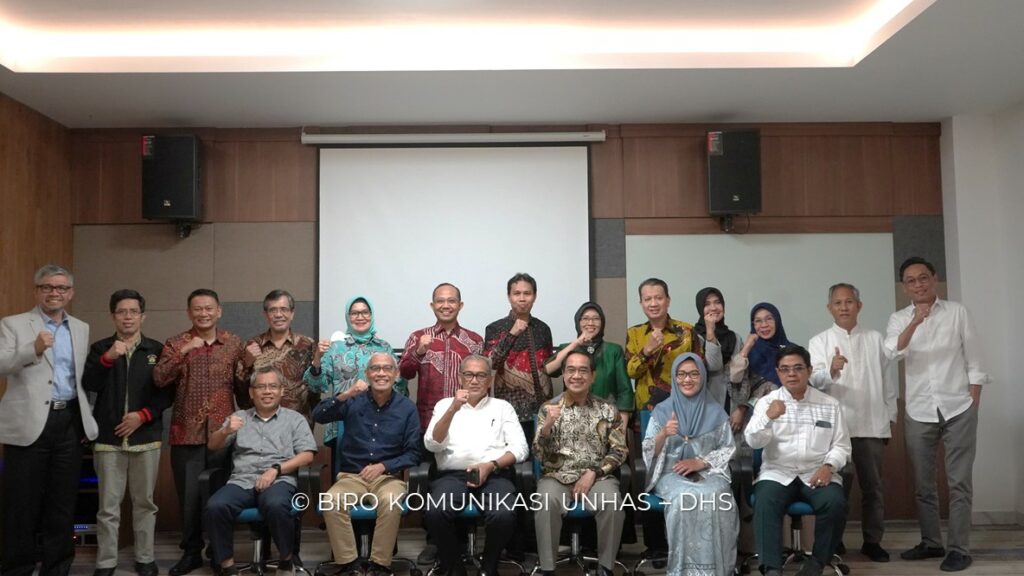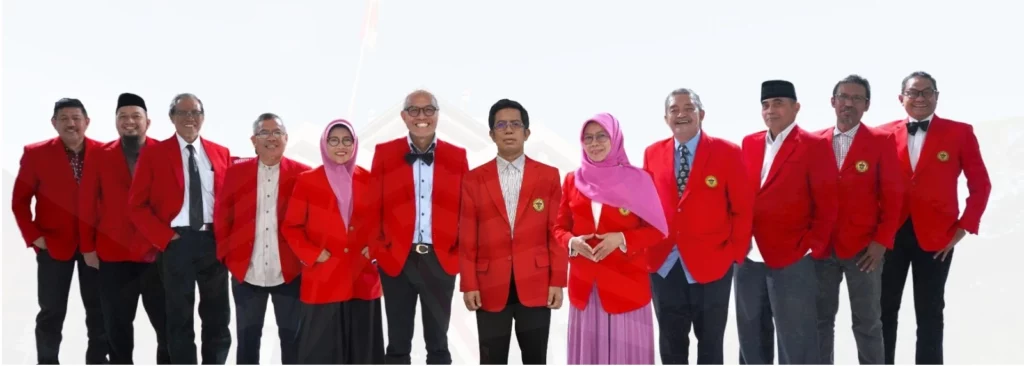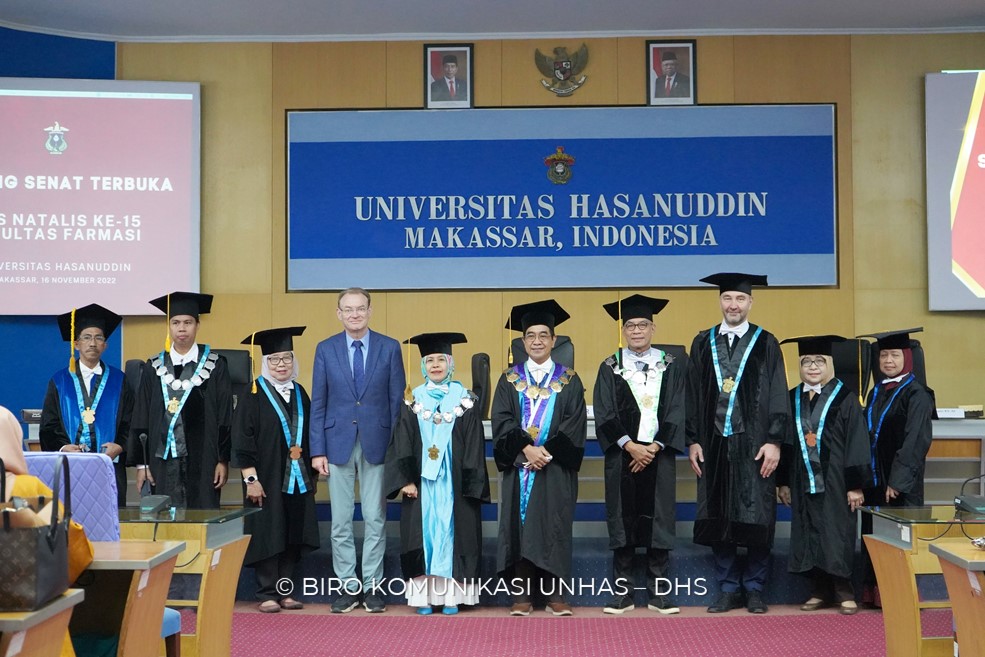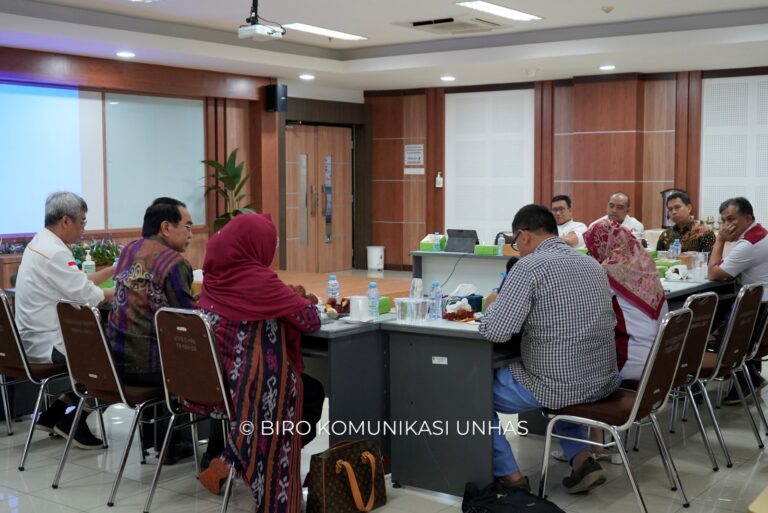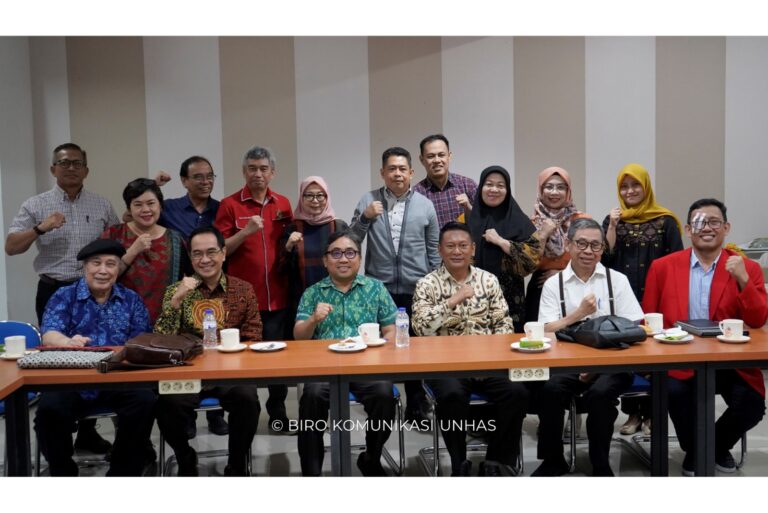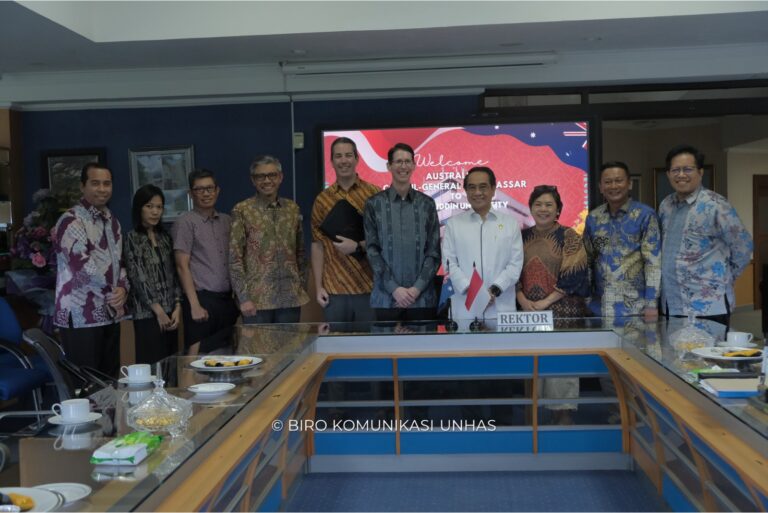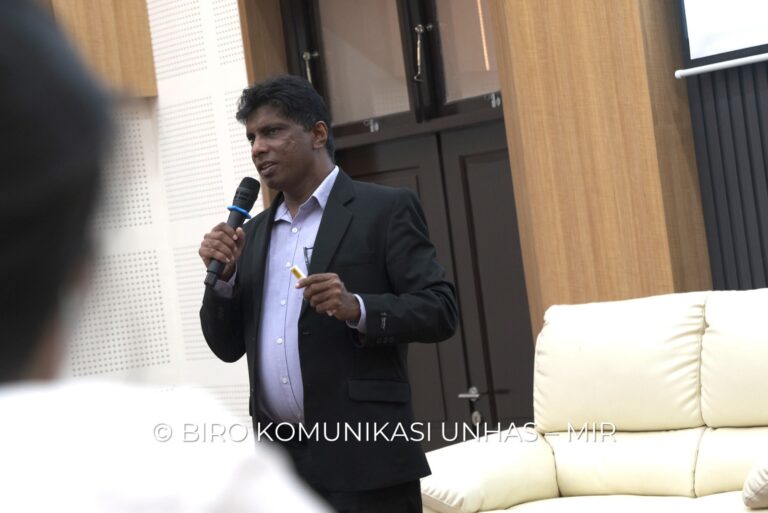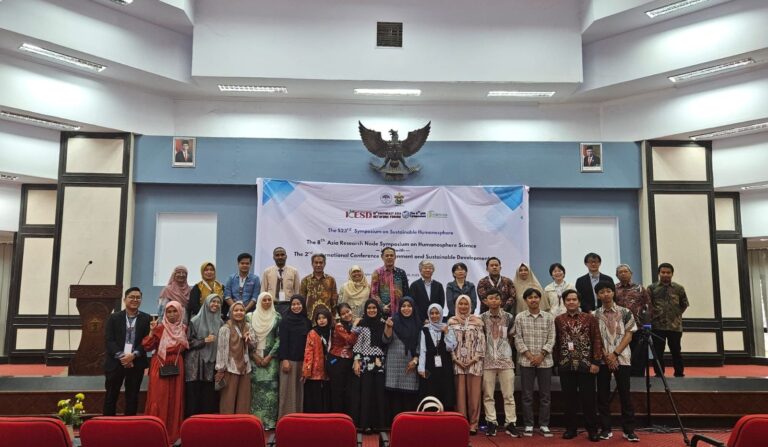The Faculty of Agriculture, Universitas Hasanuddin, held a public lecture with “Flood Tolerant Rice: The Underlying Genetics and Its Global Impact” presented by Assoc. Prof. Endang M. Septiningsih, Ph.D. (Department of Soil and Plant Sciences, Texas A&M University). The activity was conducted virtually through the Zoom meeting application on Friday (17/09).
The Dean of Agriculture Unhas Prof. Dr. Sc. agr. Ir. Baharuddin, in his speech, explained that the Faculty of Agriculture is currently contributing to improving the quality of superior rice seeds through cooperation with the International Cooperation and Development Fund (ICDF) Taiwan. One of the ways to implement this cooperation is by guiding seven districts in South Sulawesi that have high rice production.
The Vice-Rector for Research, Innovation, and Partnerships, Prof. dr. Nasrum Massi, Ph.D., officially opened the webinar. In his speech, he said that this webinar brought many benefits. The webinar can be a forum that provides sources of knowledge and information. It also can expand partnership networking.
On the same occasion, Prof. Endang explained that floods affect rice production throughout the world, with an estimated annual economic loss of up to billions. In 2015, crop damage from flooding reached $471 million in the U.S. The problem of flooding is increasing due to climate change events that occur globally.
Furthermore, Prof. Endang provided an overview of rice variety (Sub1) that survive despite excess water reserves or floods. This variety is deliberately prepared for the condition of rice fields or areas that have the potential to be flooded during high rainfall. This type of seed can survive for 10-15 days in flood water immersion. The rice variety survives by storing energy reserves while submerged, and when the water recedes, it will not die and grow back.
“Sub1 variety provides an advantage of 1-3 ton/ha over the non-Sub1 variety is naturally flooded land. Sub1 rice does not survive well under more frequent, severe, and prolonged floods. Therefore, it is essential to reduce the damage caused by flood by using rice varieties that are tolerant of puddles,” explained Prof. Endang.
The activity guided by Dr. Ir. Ifayanti Ridwan Saleh, S.P., M.P., (Lecturer of Agriculture Unhas) was attended by approximately 300 participants.
Kumara Tungga Dewa, S.S.
Editor : Ishaq Rahman, AMIPR

